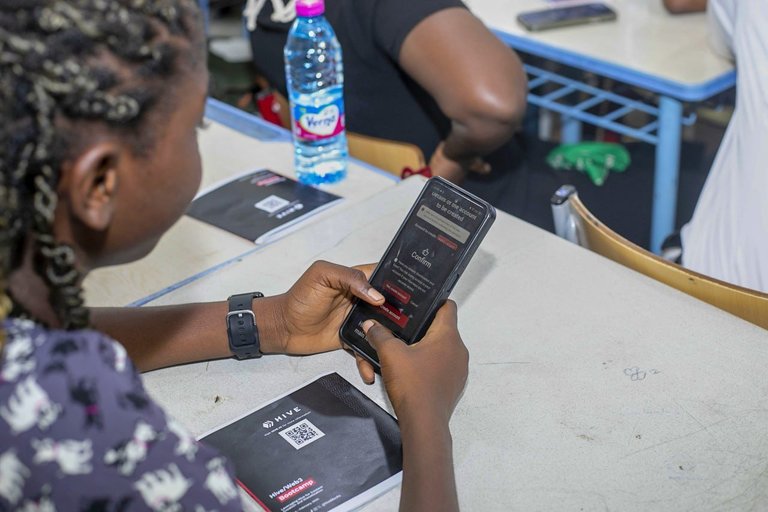From Exclusion to Access: How Blockchain Opens the Doors of Finance

The financial services accessibility has long been more of a privilege than a right for many people. More than ever, people, especially in developing countries are being left out of the systems that generate economic development. But we are still witnessing the emergence of blockchain technology, along with that this new revolution of cryptocurrency is rewriting the story and opening up entirely new modes of financial opportunity that have the potential to change the future of economic inclusion.
For centuries, traditional banks have played gatekeeper, offering financial access to those who could produce enough paperwork, provide a credit history, and have the collateral. Because of these barriers, billions have been unable to save, invest, or even make a transaction. Meanwhile, blockchain technology has started to remove these barriers by providing decentralized financial services accessible provided you a smartphone and an internet connection.

Cryptocurrencies such as Bitcoin and stablecoins facilitate transactions across borders unlike traditional banking systems that rely on local financial institutions or unstable national currencies for storing and transferring funds. The blockchain has open up pathways of financial inclusion which is a key to unlocking economic development to billions of adults globally who are without a bank account. Most people who don´t qualify for loans or the access to credit is limited and as a consequence they can never invest in their businesses, education or attend to emergency expenses.
Blockchain exists as an alternative ecosystems in which no financial participation can be contingent on geography or economics. Today there are decentralized lending and savings platforms that enable people to borrow and lend to each other around the world without the need for a middleman. The blockchain makes sure that the financial opportunity is available to everybody regardless of their background or geography.
Cross-border remittances are a critical source of income for lots of people but are often greeted with high fees and long transfer times via traditional means. Many migrant workers sending remittances back home are hit by transaction fees and exchange rate inefficiencies, which eat away a substantial share of their income and savings. These expenses could be mitigated effectively with blockchain solutions, which also guarantee faster transactions, allowing better access to the funds to those who rely on them.

Blockchain creates a global network for sending and receiving money that is faster, cheaper, and more transparent, by removing intermediaries and reducing inefficiencies from bureaucracy. With blockchain adoption only growing, the generations to come will witness a financial ecosystem that operates on principles of inclusion and autonomy. People will have greater ownership of their digitla assets, be able to engage in cross-border commerce freely as global traders and have access to financial products previously limited to the affluent. Blockchain is sowing the seeds of financial empowerment around the globe. Finance is no longer a business driven by the few, but by anyone who plays the game; those who participates. Blockchain will make finance inclusive and for the next generations, financial inclusion will be a right and not a privilege.